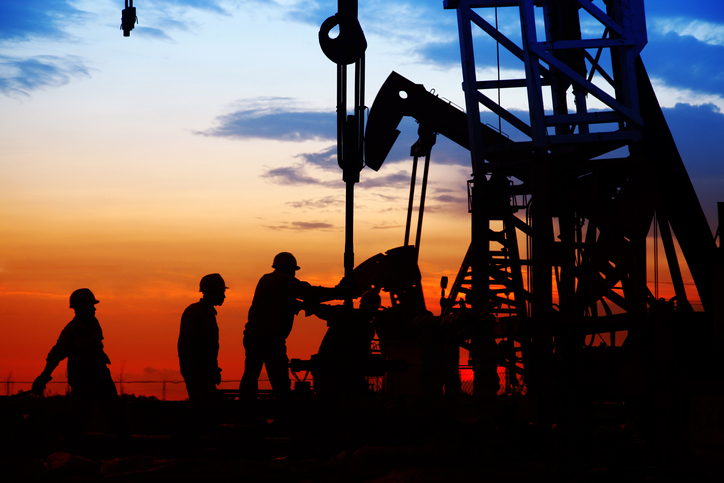Being aware of the top safety hazards that exist in the oil and gas industry is key to helping prevent accidents which can lead to workers suffering serious or fatal injuries. When you take the time to familiarize yourself with the potential hazards that could harm or kill you, then you can also implement some safety tactics that can protect you, despite the risky conditions you are required to work under. In an effort to help those who may be new to the oil and gas field understand what these hazards are, below we are outlining a few for you.
- Vehicular Collisions
Workers along with the equipment that is needed to complete certain tasks at well sites are required to be transported to remote areas where these sites are located. This sometimes requires them to travel long distances to get there which means they spend a significant amount of time on the road. Unfortunately, “highway vehicle crashes [have become] the leading cause of oil and gas extraction worker fatalities.” Did you know that nearly four out of 10 workers killed on the job in this industry are killed as a result of a highway vehicle incident [Occupational Safety and Health Administration]?
- Explosions and Fires
Aside from the risky environments oil and gas employees are exposed to, they are also required to work in areas where fires and explosions are likely to occur as they are exposed to flammable vapors or gases. OSHA says that “flammable gases such as well gases, vapors, and hydrogen sulfide can be released from wells, trucks, production equipment or surface equipment such as tanks and shale shakers.” The sources that can ignite these flammable gases include “static, electrical energy sources, open flames, lightning, cigarettes, cutting and welding tools, hot surfaces, and frictional heat.”
- Struck By/Caught In/Caught Between
Oil and gas industry employees are required to work in different types of environments and with various types of equipment. OSHA says that “workers might be exposed to “struck-by/caught-in/caught-between hazards from multiple sources, including moving vehicles or equipment, falling equipment, and high-pressure lines.” It is essential that employees are properly trained to work in these areas along with the equipment required to complete the job to avoid from causing an accident that could lead to a serious or even fatal injury.
- Falls
Workers who are required to “access platforms and equipment located high above the ground” are more susceptible to falling. Employers should have certain measures in place to prevent help prevent falls and workers are encouraged to follow all the safety protocols that are set in place when working from “the mast drilling platform and other elevated equipment.” If you are looking for some tips on how to prevent a fall while on the job, the Centers for Disease Control and Prevention offer some tips on how to prevent work-related falls for you to read about.
There are a number of other safety hazards oil and gas field workers need to be aware of and you can read about what these are by visiting OSHA’s website.
Were you recently involved in an oilfield work accident in New Mexico?
Because oilfield accidents tend to be rather serious given the conditions you are subjected to work under, you are encouraged to contact Albuquerque, NM oilfield accident lawyer Brian K. Branch to find out what benefits you are entitled to receive following the accident. Our office has 32 years of experience in handling various types of cases including, but not limited to:
- Oil and fire explosions
- Defects in machinery and other equipment
- Rig collapses
- Exposure to toxic chemicals
- Well blowouts
- Falling objects
If you would like to find out what your injuries are worth given you sustained some in the accident or you are seeking legal advice because a loved one of yours was involved in an incident that occurred while working at an oilfield, give us a call now at 505-207-4401 to schedule an initial consultation where we can address the questions and concerns you have.
Read more personal injury articles by clicking here




